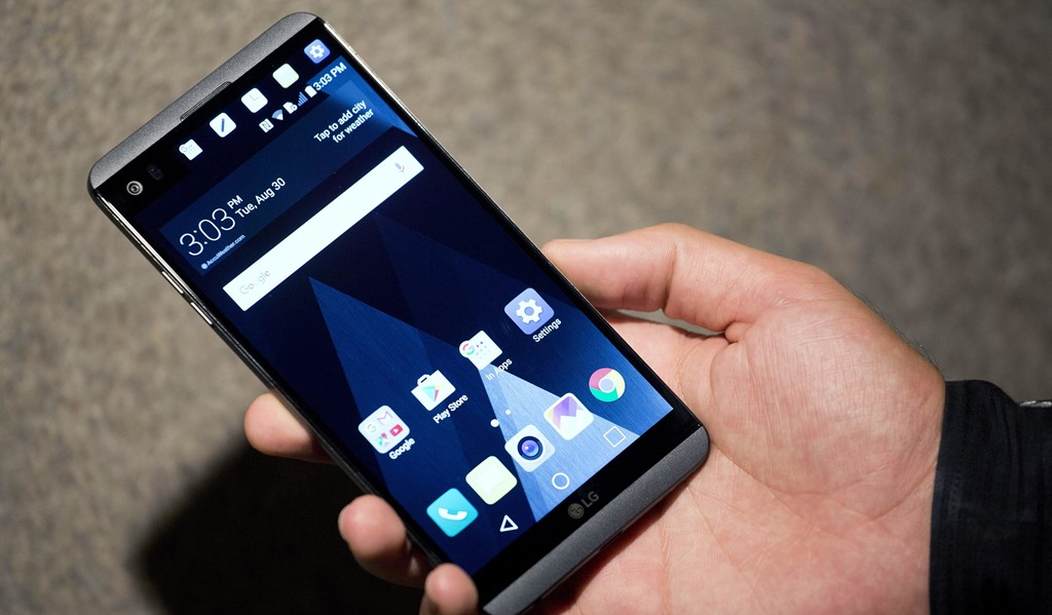This is one of the more highly anticipated cases (for privacy advocates anyway) to reach the Supreme Court in quite a while. In Carpenter v. United States, the court will settle a Fourth Amendment question which has split the lower courts. At issue is the question of whether or not law enforcement can request cell phone data (not the contents of calls or text messages, but location data) from a third party such as a wireless provider without a warrant. That was done in the case of several suspected armed robbers who police were trying to prosecute. By obtaining a record of their location at the times when various crimes were committed (through identifying which cell towers picked up their phone calls) they were placed in the vicinity of the crimes, helping to convict them.
The conviction held up in the lower court, but it’s being challenged on the grounds that the suspects’ Fourth Amendment rights were violated. (Washington Post)
Law enforcement did not seek warrants based on probable cause, but asked for the records under the Stored Communications Act. According to Carpenter’s lawyers, such orders may be granted when the government has “reasonable grounds to believe that” the records sought “are relevant and material to an ongoing criminal investigation.”
Carpenter was convicted of six robberies after testimony that the cellphone tower records showed him to be in the vicinity.
On appeal, a divided three-judge panel of the Sixth Circuit that no warrants were needed for the records because Carpenter “had no reasonable expectation of privacy in cellphone location records held by his service provider.”
Damon Root at Reason distills the question down further and reminds us that at least one SCOTUS justice may be inclined to overturn the Sixth Circuit.
Oral arguments in the case are likely to be held at SCOTUS this fall. Will the Court cabin the third-party doctrine, curb the power of the police, and recognize broader Fourth Amendment protections for cell phone users?
At least one member of the Court seems inclined to do all of the above. As Justice Sonia Sotomayor remarked in the 2012 case of United States v. Jones, “people disclose the phone numbers that they dial or text to their cellular providers; the URLs that they visit and the e-mail addresses with which they correspond to their Internet service providers; and the books, groceries, and medications they purchase to online retailers…. I would not assume that all information voluntarily disclosed to some member of the public for a limited purpose is, for that reason alone, disentitled to Fourth Amendment protection.”
With all due respect to Justice Sotomayor, that sounds like a case of apples and oranges. The entire argument focuses on the Fourth Amendment decree that citizens shall be “secure in their persons, houses, papers, and effects.” Granted, the Founders wrote this without anticipating digital communications flying through the air like magic, but their general intent seems clear enough even in a modern context. The contents of your emails could clearly be seen as your “papers.” I suppose your browser history might fall into the same category if we think of the web pages you download to your device as being “papers” that are sent to your “person” if not your “house.”
But most of this flies out the window when you step out the door and into the public square. The books and groceries that you purchase? If you went out to the store and bought them in person someone (including a police officer) might see you doing it and take note. And if a fellow citizen were called on to testify as to whether or not they saw you purchasing a pressure cooker, a gas can or some other product it seems silly to argue that they were invading your privacy.
This disconnect goes to another level when we’re talking about these cell tower records. If they were handing the police recordings of your conversations it would be another matter, but this data only covers your location when you are on the move. (Again, out in the public square.) The third party provider is relaying data which equates to the tower observing you, with your phone, passing some specific location. If a local shopkeeper observed you pulling up in your car in front of his store and testified to that fact in court would they be invading your privacy? Certainly not.
In the end, this comes down to yet another question of whether or not the courts will allow law enforcement to be hampered in collecting even the most basic, generic information when attempting to solve and prosecute a criminal case. Extending the definition of the wording of the Fourth Amendment in this fashion does nothing to promote the “privacy” of anyone except those seeking to evade conviction for crimes they actually committed. It also does nothing to protect the public from those who would break the law.








Join the conversation as a VIP Member